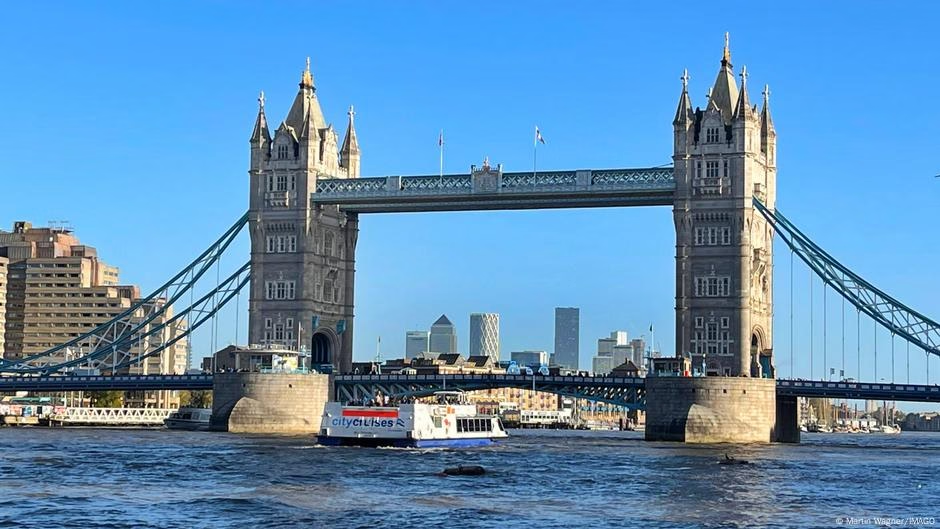Instead, he applied for German citizenship, allowing him to continue traveling as an EU citizen. Now, John Francis lives in the small German town of Obertshausen, where he runs Britain.de – a company which arranges vacation homes for tourists in England, Scotland, and Wales.
“At times, there were many uncertainties among my customers. They had lots of questions, like ‘What documents will be required for entering the country in future? Is there a visa requirement? Do you need a passport?’
These uncertainties were likely a factor in the decrease in the number of tourists choosing to travel to England, Scotland, Wales, and Northern Ireland.
The effect of Brexit on the travel industry remains difficult to quantify. This is because the UK’s exit from the EU happened at the same time as a general decline in tourism due to the COVID-19 pandemic.
“It is not possible to say exactly what impact Brexit has had in terms of numbers. The developments of recent years are too complex for that.” a spokesperson for VisitBritain, the official British tourism agency told DW. The spokesperson pointed to the significant increase in visitor numbers in recent months instead.
Entry more complicated for EU citizens
Statistics show that countries such as Italy, Spain, and France saw record numbers of tourist arrivals in 2023 after the pandemic, while the UK still lagged behind the 40.9 million international arrivals it saw in 2019, receiving only 38 million visitors in 2023.
Although more tourists traveled to the UK from the USA, Canada, and Australia in 2023 compared to 2019, fewer tourists came from the EU during that period.
School trip organizers have been impacted the most in the post-Brexit era.
One of the changes brought about by Brexit is that EU citizens must now have a passport to enter the UK — just having an identity card is no longer sufficient.
The Tourism Alliance, the umbrella trade association for the UK’s tourism industry, says the new passport rule has caused school trip visitor numbers to plummet, losing the UK millions of pounds in revenue.
A shortage of workers in the tourism industry
Christoph Knobloch, managing director of the German company CTS Reisen, which specializes in group and study trips, has observed the drop in bookings due to the passport requirement.
The additional cost required to get a passport acts as a deterrent, especially for younger students. Unlike before, students without EU citizenship may also need a visa which may cost up to 300 euros ($323), says Knobloch.
The consequences of Brexit are most evident in labor shortages.
Since EU citizens now need a visa to work in the UK, tens of thousands of workers have left the country. According to a Scottish Government report on the effects of Brexit, staff shortages have been reported by 45% of tourism businesses in the Highland and Islands areas of Scotland due to the loss of freedom of movement.
New registration system operational from April 2
New travel restrictions may deter even more tourists.
Starting April 2, 2025, EU citizens will be required to have an Electronic Travel Authorization (ETA) — a digital permission to travel to the UK.
Travelers who do not currently need a visa for short stays will be required to apply for the ETA before they travel.
Critics of the new plan argue that the initial cost of the ETA, 10 pounds ($12.75), and the planned increase to 16 pounds ($20.70) could discourage visitors before they even leave for their trip.
Traveling between the EU and the UK has become more difficult as a result of Brexit.
John Francis, however, has found a simple solution. He renewed his British passport and is now a German citizen. He can decide which passport to use when traveling between the UK and the EU — whichever one comes with fewer restrictions.
This article was translated from German.
Source: https://www.dw.com/en/how-brexit-continues-to-affect-tourism/a-72028684?maca=en-rss-en-all-1573-rdf







